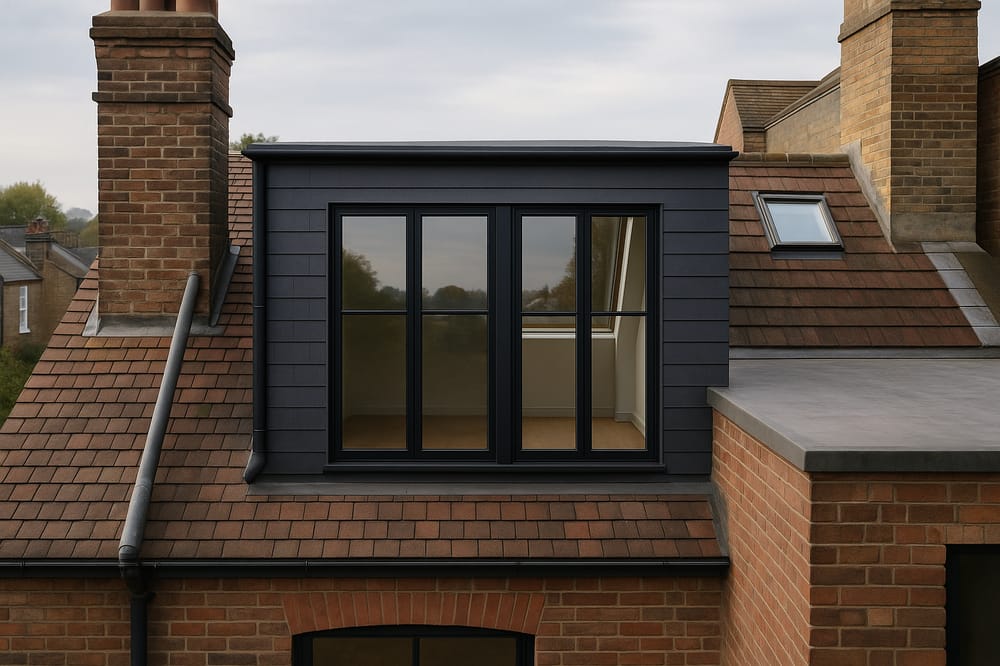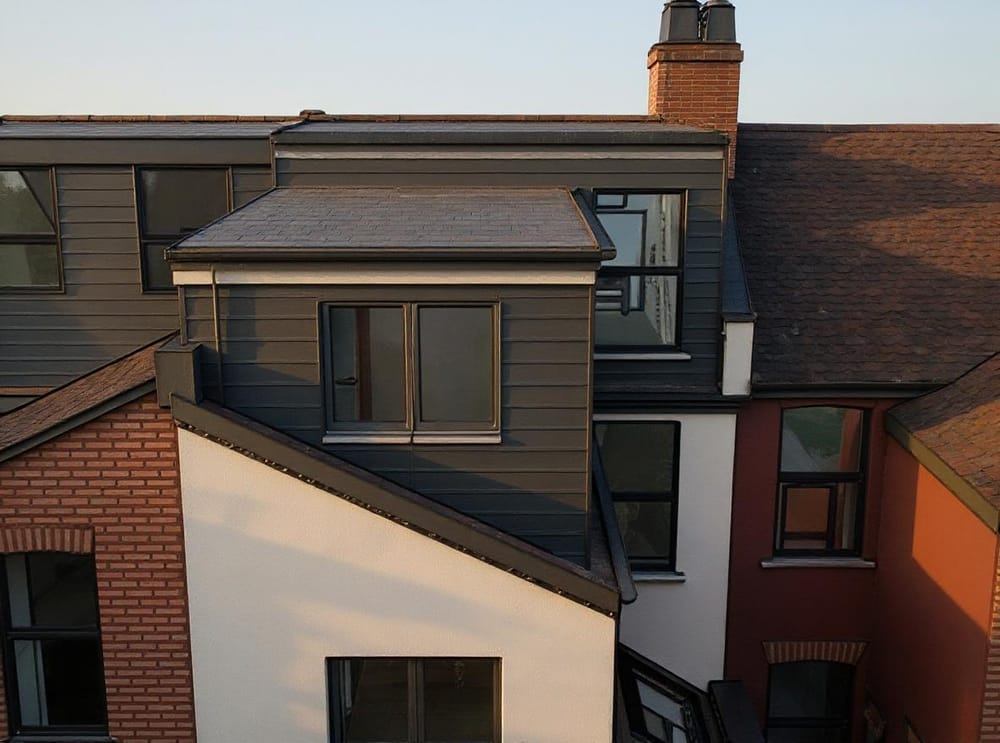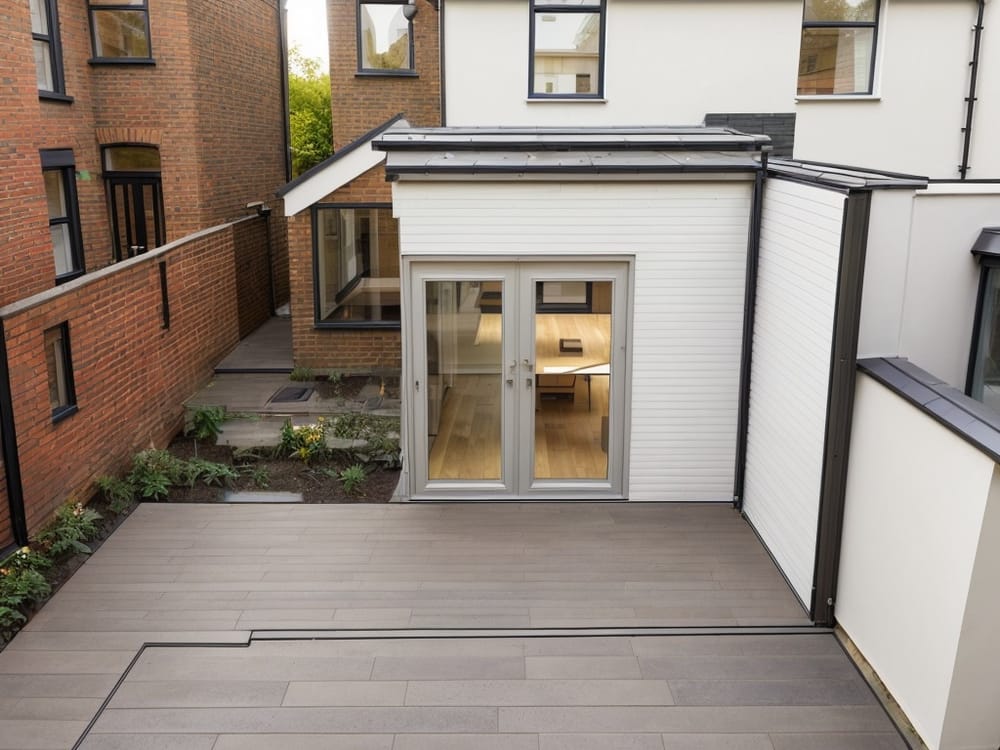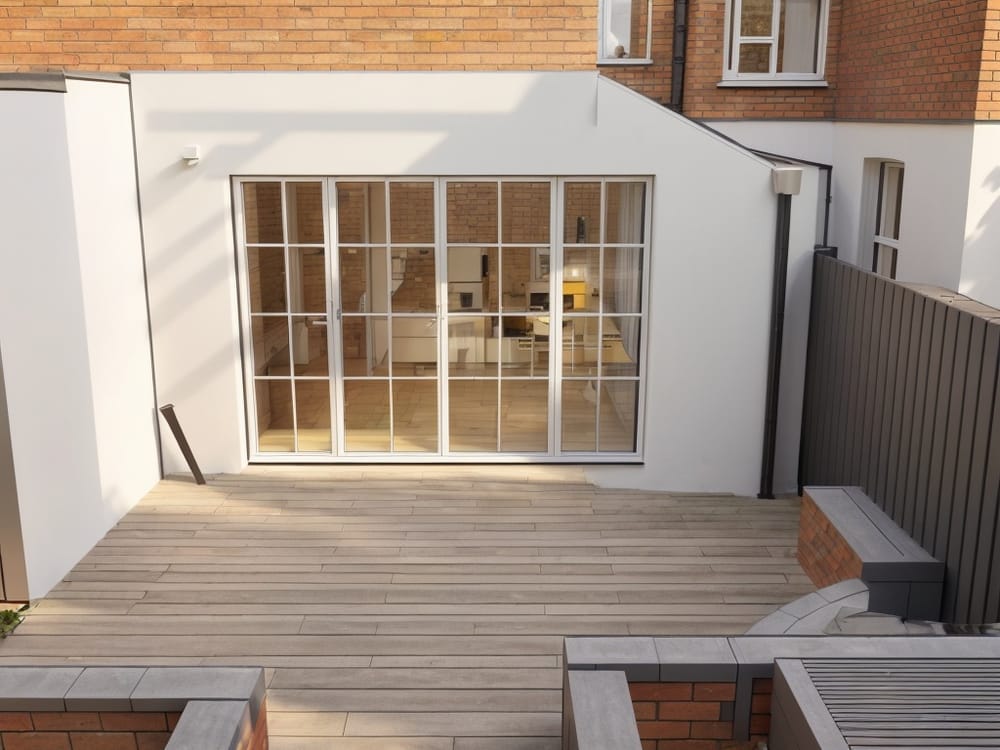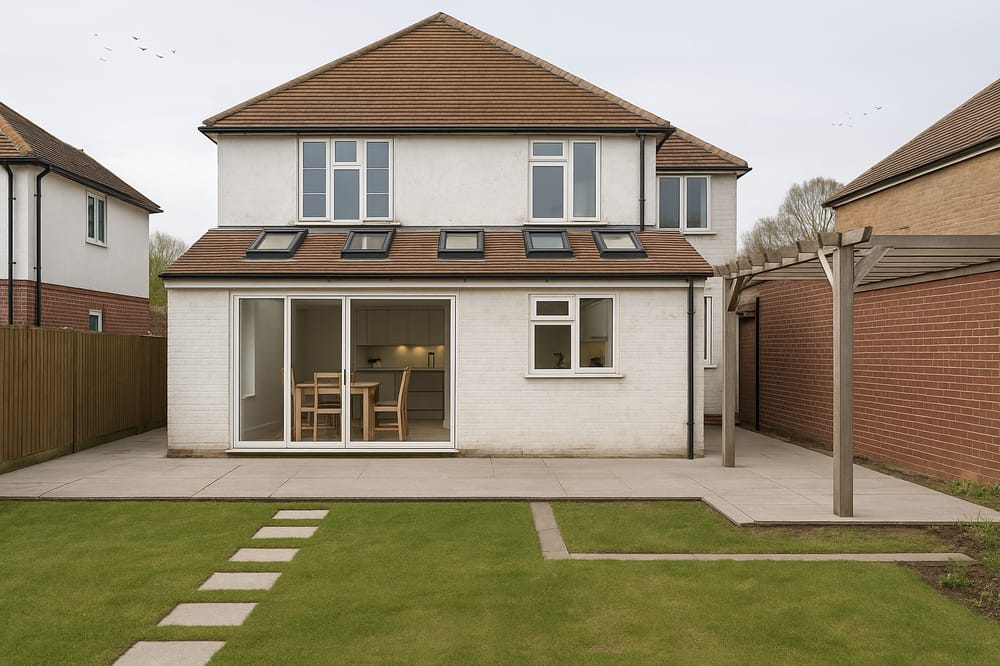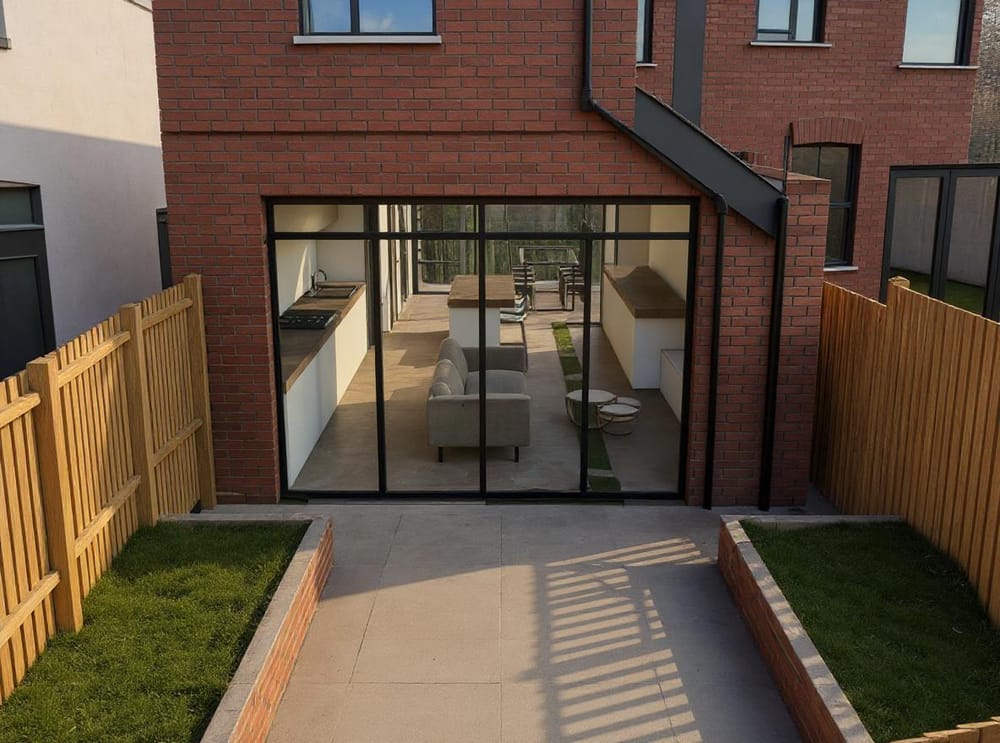Party walls can be tricky things, tricky in the sense that they’re either a breeze for the homeowner, or a legal nightmare. If you’re worried your party wall might go down the latter path, here’s some frequently asked questions we’ve helped answer in the past.
We’ve also covered the basics of party walls in another advice article, so if you haven’t read that already, we recommend you start there!
Do you always need a party wall agreement?
No, but you do always need written consent from the households involved.
A party wall agreement is only needed if your neighbour doesn’t give consent, or doesn’t respond to, your notice within 14 days. Only then will you need to go about arranging a party wall agreement, and look into getting surveyors onboard.
This process doesn’t come cheap, so it’s worth buttering up your neighbours and giving them a heads up before you send out your notice.
When does a party wall agreement apply?
The party wall act covers three things…
- Building along the boundary between two properties.
- Excavating within prescribed distances of shared or adjoining structures.
- Altering a party structure.
While it can be quite easy to spot a shared party structure, such as a wall between two terrace properties, it can be difficult to spot shared boundaries. For this reason, we always recommend having an architect on board, who will be able to spot this issues ahead of time, and advise you when to act.
I’ve already started building, what can I do?
Okay, so you’re construction is underway but you’ve just found out a party wall is affected - what next? Well the first thing you’re going to need to do is stop building. Next you’ll need to serve notice and see if your neighbour consents to what you’re doing. If not, then you’ll need to bring in a surveyor to help bring about a party wall agreement. Failure to do so means you’re at risk of legal action from the other households.
When do you need a surveyor?
If you’ve been unable to gain consent within the prescribed 14 days notice period, then it’s worth getting an appointed surveyor on board. This is because they’re able to assess which areas of your home and your neighbours are at risk before construction begins. If any property damage does occur, their documentation will protect both parties from unfair or misleading claims. And because their work provides proof of the property’s condition prior to construction, anything damaged can be properly restored.
Surveyors also manage the party wall award, and set out the time and manner in which works should be carried out. Such as: working hours, access, and safeguards to reduce risk of property damage.
Who can be a surveyor?
The only big rule on who can be a party wall surveyor is they can't be any of the affected parties. Other than that, techinically anyone can take on the job.
However, to help you make an informed decision, we recommend using a surveyor with at least five years working knowledge of the act. At Resi, our Connect service can introduce you to vetted contractors in your area. We vet contractors by assessing them against a range of criteria amongst which are: whether or not they are Trustmark or FMB affiliated, whether they have the relevant insurances in place; an assessment of their past work; meeting minimum financial standards; and finally, references from both previous customers and trade.
Who pays for what?
Sorry to say, but if you’re the homeowner who’s building, then most of the costs are going to come your way. That includes the cost of your neighbour’s surveyor, if they request separate professionals.
There are a few exceptions to this rule, such as...
If a new party fence wall is built, then both homeowners split the cost. However, if this wall is built on your land, then all costs fall to you and it becomes your property, so your neighbour has no rights in it.
If a shared structure has to be rebuilt because of poor maintenance, then the costs are usually split between the two households.
What if I don’t like the terms?
If a party wall agreement is awarded, but either yourself or your neighbours don’t like the conditions, you can make an appeal with the County Court within 14 days of the agreement being published. It’s worth remembering that appeals focus on points of laws, so if your contention is related to something you just don’t like, you’re unlikely to get very far with the process. They’re also a terribly expensive undertaking, so it's worth talking to a lawyer beforehand, so you don’t rush in too hastily.


